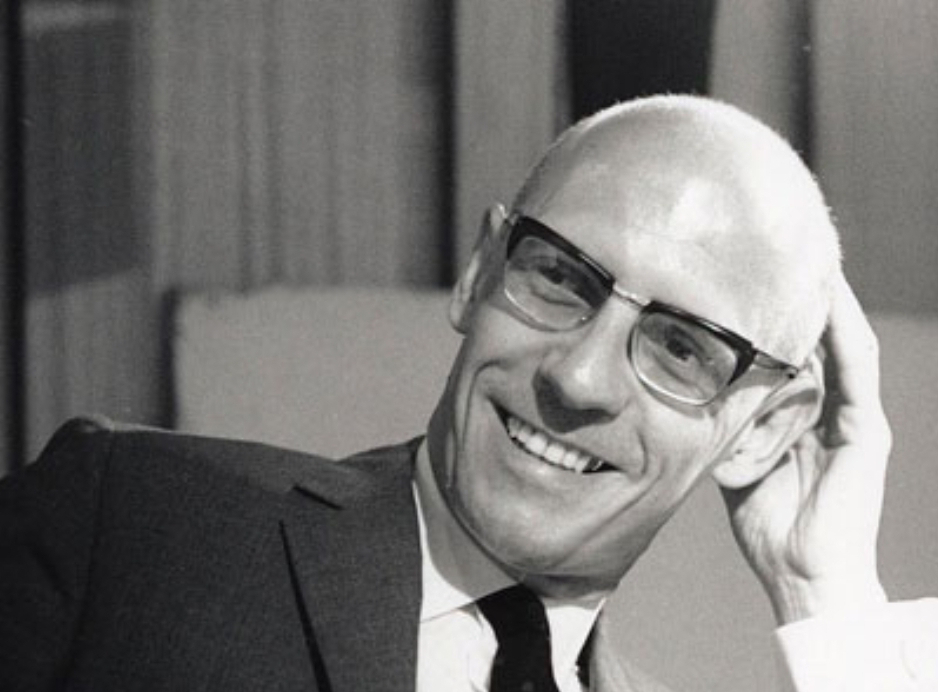By Kon Eme
Michel Foucault
Michel Foucault, born on October 15, 1926, in Poitiers, France, was a towering figure in 20th-century philosophy and social theory.
He died on June 25, 1984, in Paris, France.
Foucault came from a solidly bourgeois family. He excelled academically, studying philosophy and psychology at the École Normale Supérieure in Paris. He completed his agrégation in philosophy in 1951.
Foucault wasn't your typical armchair philosopher, he didn't just philosophize from an ivory tower; he lived his theories. He was as much a philosopher in the flesh as he was on the page, challenging norms and pushing boundaries.
Foucault wasn't just digging up artifacts; he was an archaeologist of knowledge, excavating the layers of history to understand how ideas evolve over time. He flipped through the pages of history to reveal how societies have policed and liberated desires, making him the Sherlock Holmes of sexual politics.
He delved deep into the realms of madness, exploring how societies have defined and treated the mentally ill throughout history. He turned the asylum inside out with his insights.
Foucault believed power isn't just in the hands of the mighty; it's everywhere, woven into the fabric of everyday life. He turned power dynamics into a game of chess, where everyone's a player.
Foucault's work has had a profound impact on fields such as philosophy, sociology, anthropology, history, cultural studies, and political theory. His insights into power, discourse, and subjectivity continue to shape critical inquiries into the nature of society and knowledge. Despite his death in 1984, Foucault left behind a legacy of provocation, challenging us to question the world we live in and imagine new possibilities. He may be gone, but his ideas continue to spark fires in the minds of thinkers everywhere.









0 Comments